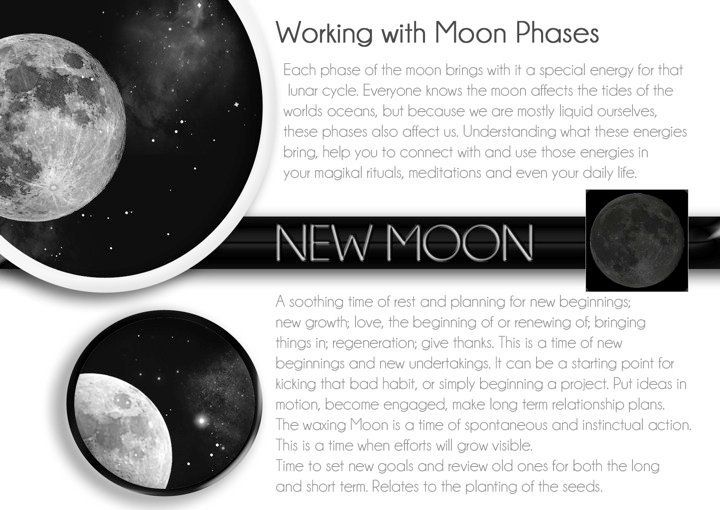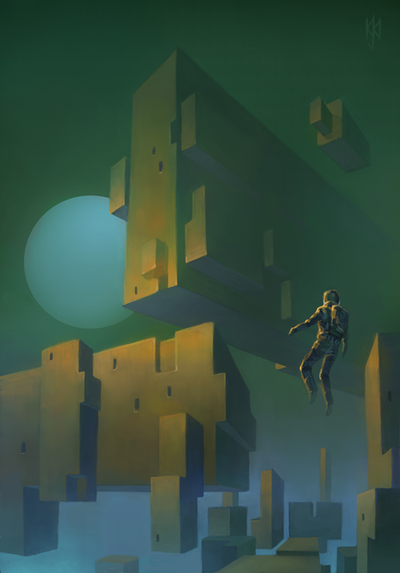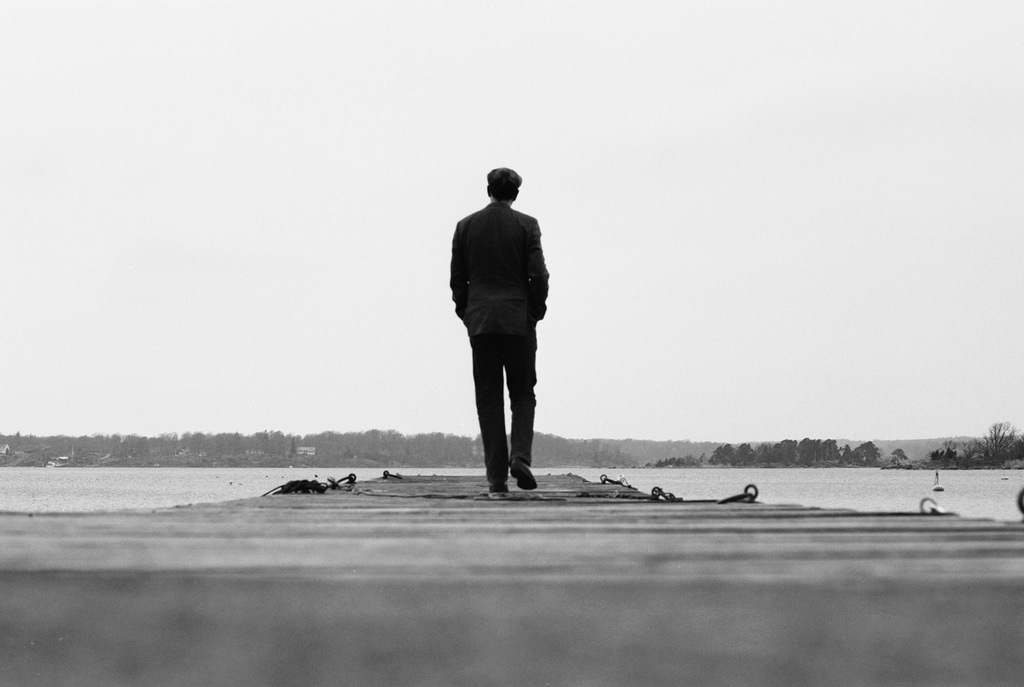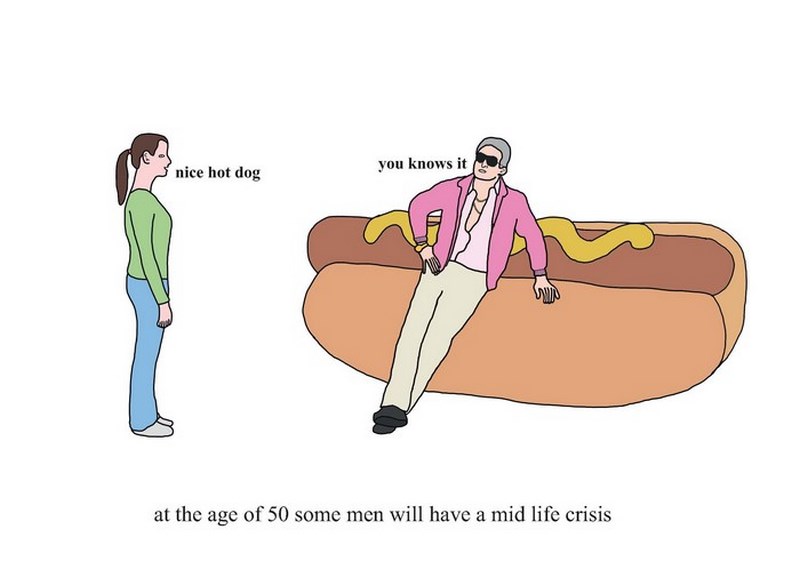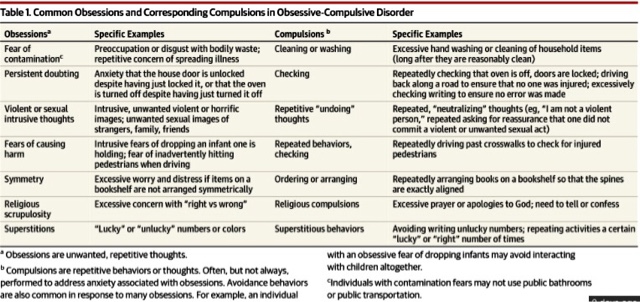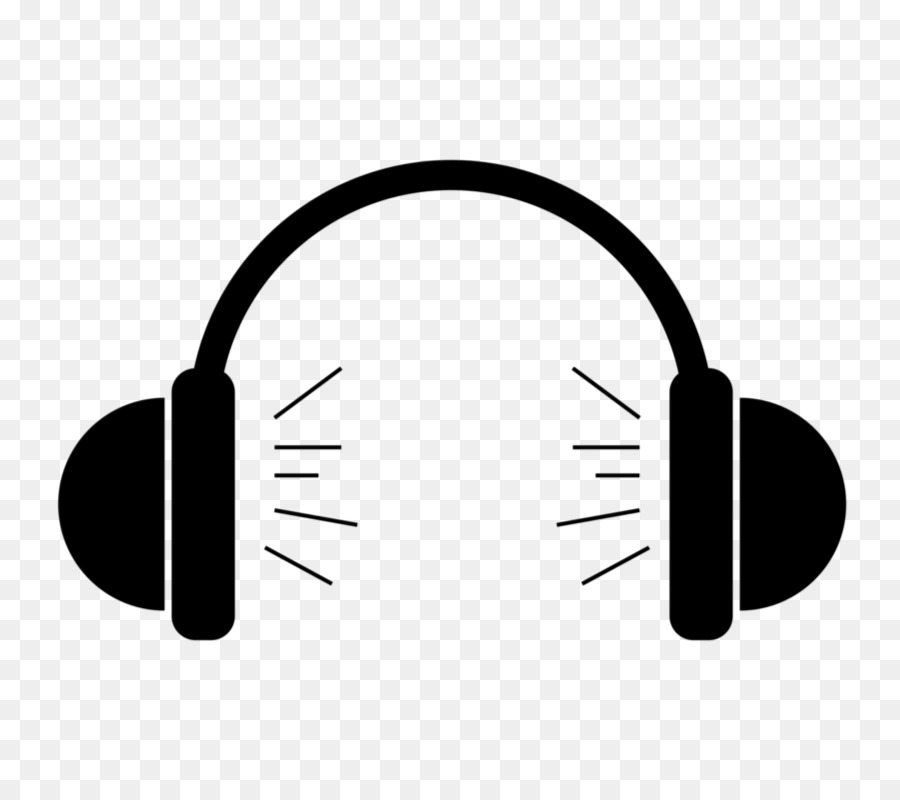Does a full moon affect mood
Full Moon Effects: What Research Has Discovered
There are many common beliefs about how the full moon can influence everything from sleep quality to mental health and heart health. However, only a few of these have been proven in studies.
In Shakespeare’s “Othello,” the maid Emilia tells Othello that the moon has drawn too close to the Earth — and driven men insane.
The idea that a full moon can stir up emotions, provoke bizarre behavior, and even cause physical illness isn’t just a literary trope. It’s a strongly held belief, even today.
In fact, one study says that nearly 81% of mental health professionals believe the full moon can make people ill.
As powerful as this ancient belief appears to be, there’s little science to back up the theory that a full moon causes a swift uptick in emergency room visits or mental health unit admissions.
Here’s what researchers have found about the moon’s effects on human bodies and behavior.
For centuries, physicians and philosophers blamed behavioral changes on the pull of the moon. The word “lunatic,” after all, stemmed from the idea that changes in mental state were related to lunar cycles.
The connection between the two is even supported in historic legal treatises. For instance, famed British jurist William Blackstone wrote that people gained and lost their ability to reason according to the moon’s shifting phases.
The “lunar effect” is based on the belief that health and behavior are altered during specific stages of the lunar cycle, with some claiming that it can affect everything from reproductive health to sleep quality and beyond.
Sources of superstition
The idea that the moon impacts certain aspects of physical and mental health can be traced back to ancient Greece and Rome and is well-documented in the writings of classical authors like Aristotle and Lucilius.
During the 1970s, psychiatrist Arnold Lieber theorized that the moon influenced the body’s “biological tides” and altered human behavior, leading to increased rates of violence and homicide.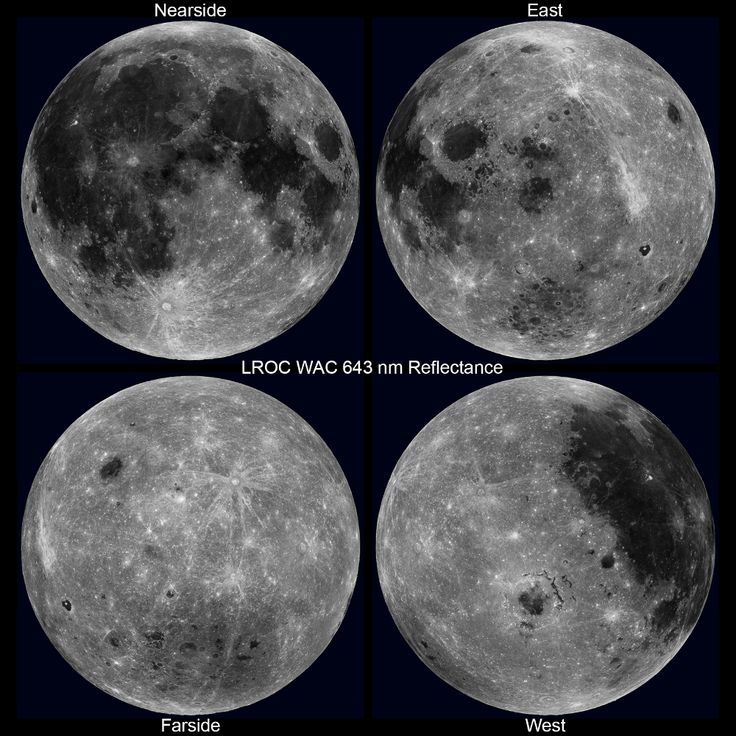
While many of these theories have since been debunked, the possibility that humans could be affected by the moon’s cycles isn’t entirely groundless.
The ocean’s tides rise and fall in time with the moon’s phases, and several marine species — including reef coral, sea-dwelling worms, and some fish — have reproductive cycles that are roughly timed to lunar cycles.
Still, not many studies link the moon to human behavior and health conditions. Here’s what researchers can tell us about the connections that do exist between people and the full moon.
When the moon is full and bright, it may affect the quality of your sleep.
May affect sleep latency
Interestingly, one 2021 study found that people fell asleep later and slept less overall on the nights before the full moon.
Other research suggests that the full moon may be associated with less deep sleep and increased REM (rapid eye movement) latency.
Sleep latency is the period between when you first fall asleep and when you enter the first stage of REM sleep.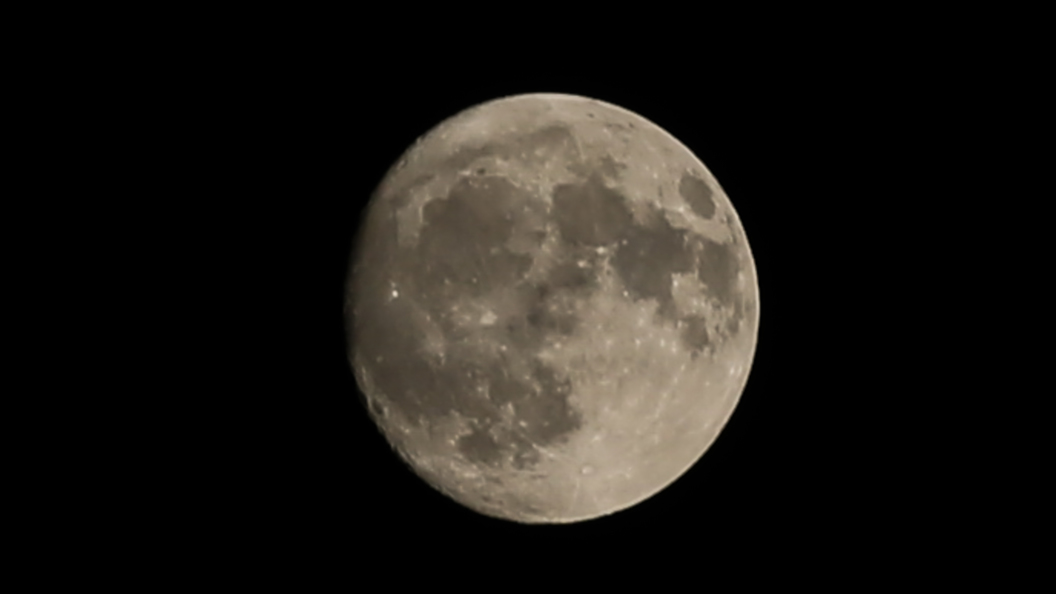 So, increased latency means it takes a longer time to get to REM sleep.
So, increased latency means it takes a longer time to get to REM sleep.
Other causes of REM sleep latency can include:
- sleep apnea
- alcohol use
- some medications
The deepest sleep occurs just before REM sleep begins.
May affect males and females differently
A 2015 study of 205 people found that the full moon may affect sleep differently in males and females. Many females sleep less and have less REM sleep when the full moon phase is near, whereas males have more REM sleep close to a full moon.
In 2016, a group of researchers examined the sleep cycles of children in 12 countries. They found that the children slept 1% less during the full moon phase. However, they didn’t find any association between this change in sleep and significant differences in behavior during that period.
However, though many studies point to an association between sleep and lunar cycles, not all of them do. A 2015 study involving 2,125 people found no link between the full moon and changes in sleep patterns.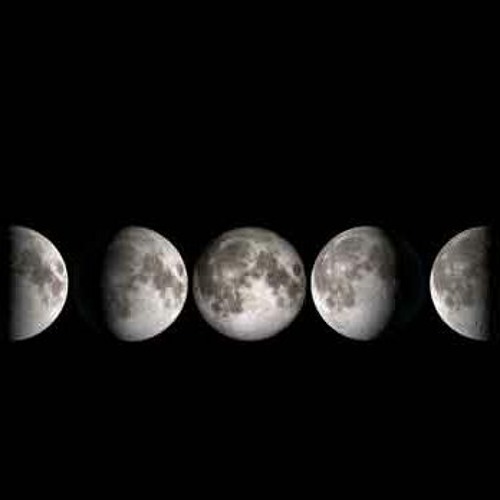
The human body has adapted to eons of exposure to daylight and darkness.
This has led to the development of circadian rhythms that affect many of your body’s systems — not just your sleep-wake cycle. Circadian rhythms affect your physical and mental health, too.
But the widespread use of electric light means many of your circadian rhythms are adapting to new light and dark patterns. When circadian rhythms wobble, it can cause or increase symptoms of certain mental health disorders, including:
- anxiety
- bipolar disorder
- depression
- schizophrenia
Does the full moon still have the power to disrupt your circadian rhythm? It brightens the sky by a lowly 0.1 to 0.3 lux compared with a single streetlight (15 lux) or a cell phone screen (40 lux).
So, are full moons really associated with changes in mood and mental health?
The prevailing scientific evidence says no. Researchers in a 2017 study analyzed emergency room records at a 140-bed hospital and found that people visited the ER because of a psychiatric condition in roughly equal numbers during all four phases of the moon.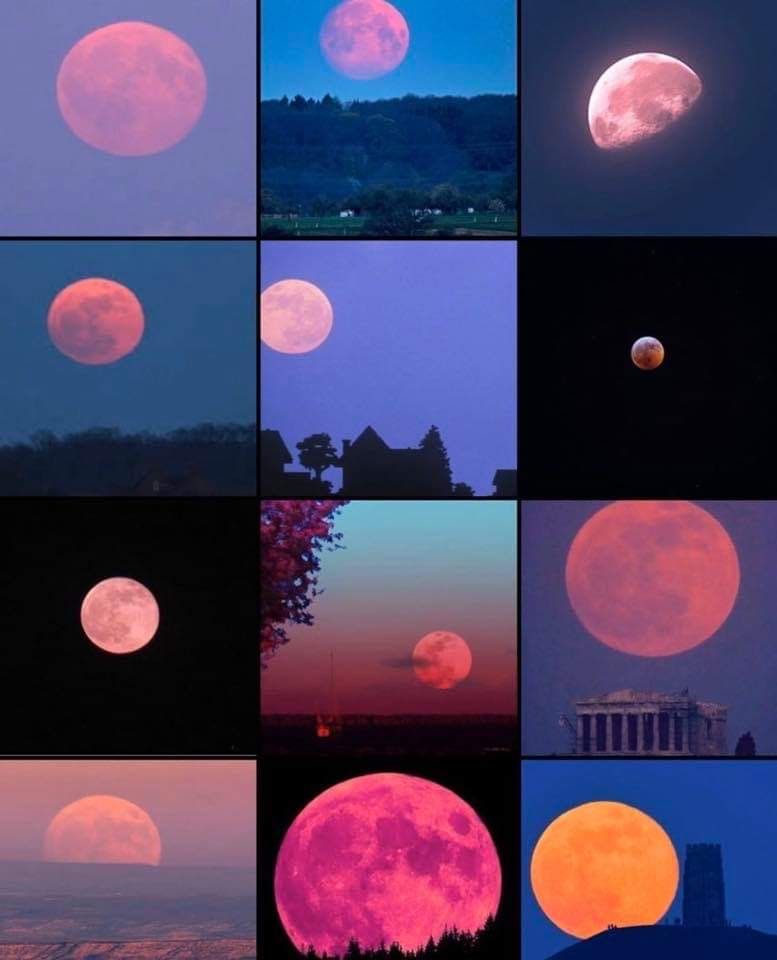
A 2019 review of nearly 18,000 medical records from different facilities found the same thing: no relationship between lunar cycles and the length of hospital stays or the number of inpatient admissions or discharges at psychiatric facilities.
Those with bipolar disorder may be affected
One marked exception to this general conclusion does exist. Researchers have found that those with bipolar disorder may be affected by changes in the lunar cycle. Specifically, a 2018 study examined 17 people whose bipolar disorder tended to switch rapidly from depression to mania.
The study showed that the circadian pacemaker (a small group of nerves) in these individuals became synchronized with lunar patterns. This caused changes in their sleep that then triggered a shift from depression symptoms to mania symptoms.
In a 2019 case study of a woman with bipolar II disorder, researchers suggested that this moon-mood connection can be treated by changing some medications (especially thyroid medications and antidepressants) and using light therapy.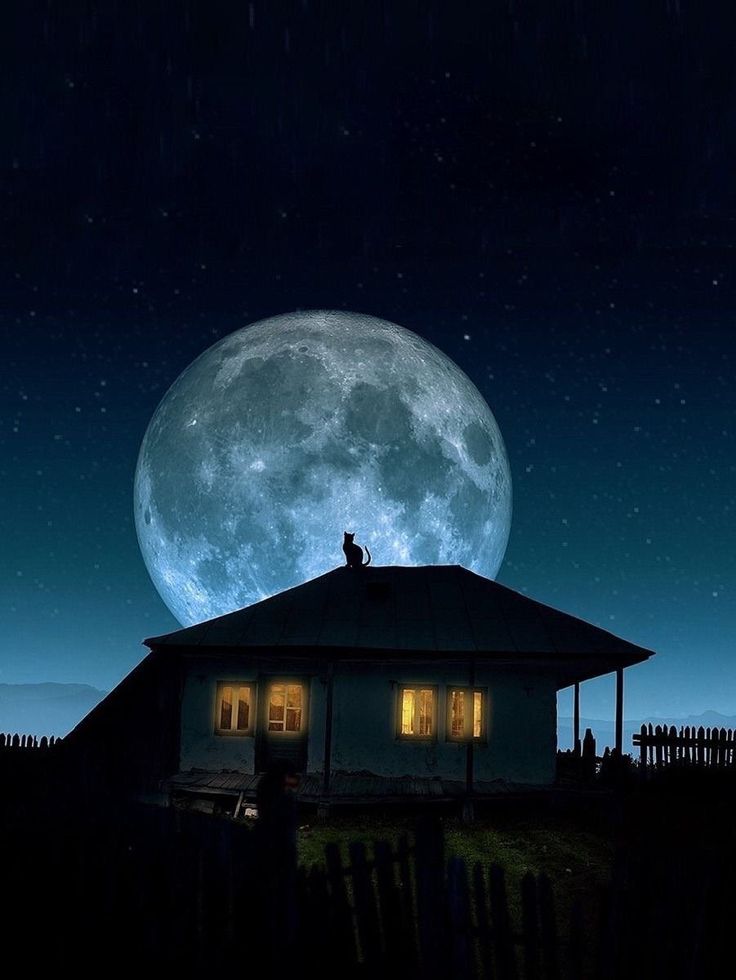
As the moon comes closer to the Earth, its gravitational pull changes — and the Earth’s large bodies of water respond with higher tides.
Scientists have wondered whether the changing gravitational pull might also affect how fluids react inside your body. Here’s what they found.
May affect blood pressure
In a 2013 study on male university students, researchers measured the effects of changing lunar cycles on the participants’ cardiovascular systems. They found that blood pressure dropped by around 5 mm Hg during new moon and full moon phases.
The students also took a step test. Their heart rate and blood pressure were both lower during full and new moons. Plus, their heart rates returned to normal levels more quickly during full and new moons.
In this study, researchers concluded that humans were more physically efficient during full and new moons.
However, this finding conflicts somewhat with other research — including a 2020 study on male athletes that found no significant difference in athletic performance during different lunar phases.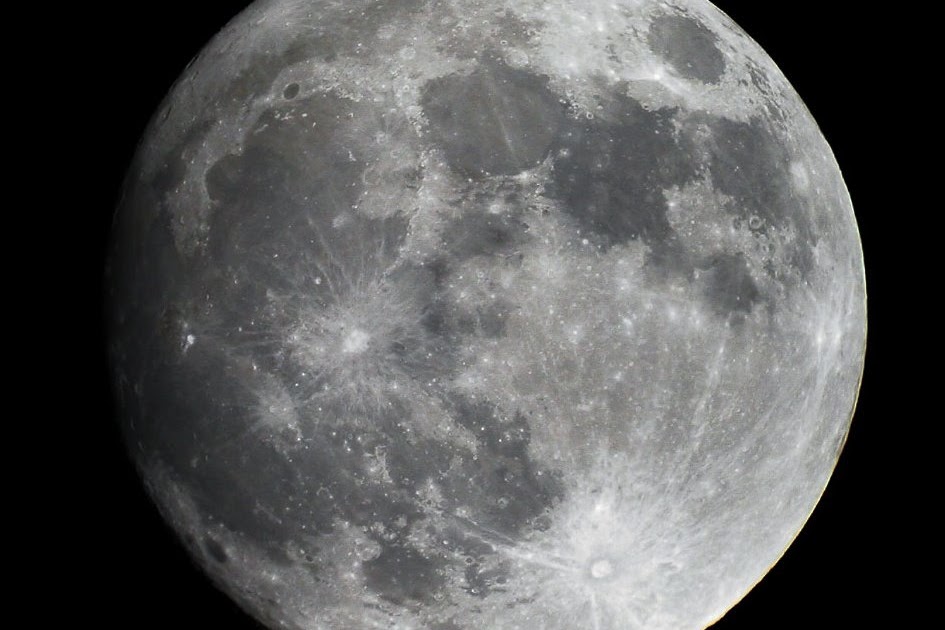
Another study in people with type 2 diabetes found that lunar cycles did not influence blood pressure but did impact other related functions, including blood sugar levels and heart rate.
For decades — possibly even centuries — people have persisted in believing that there are more assaults, traumas, and suicides during full moon periods.
Numerous researchers have tackled these questions. They’ve reviewed records, conducted their own studies, and came to this conclusion: A full moon doesn’t cause an increase in these human behaviors.
In fact, one study found that during a full moon, incidence of homicide dropped slightly. Similarly, another study showed that there was no significant difference in admissions at a trauma center during a full moon.
The moon and menstrual cycles
The moon takes roughly a month to orbit the Earth. Since many menstrual cycles are about the same length, people have made a connection between the moon and its effects on menstrual periods — but they’re not actually synchronized.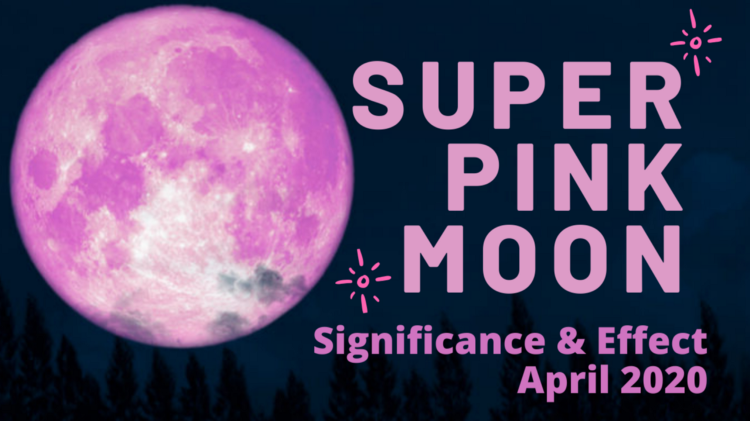
A 2021 study confirms this. In the study, researchers followed 529 females through six menstrual cycles — and they found no association between lunar phases and the onset of menstrual cycles.
On the subject of human reproductive cycles, it may also comfort you to know that a full moon isn’t going to send you into a sudden delivery if you’re pregnant, either.
An illusory correlation is a type of thinking error. It happens when you draw the wrong conclusion because you haven’t taken into account all the data — just some of it.
For example, if you visit a new city and have a few unpleasant encounters with locals, you might come away thinking that everyone from that city is rude. In coming to that conclusion, you’d be overlooking many positive or neutral interactions you had and focusing only on the negative ones.
Similarly, people may have noticed a behavioral episode or a traumatic incident and chalked it up to the full moon because they’ve heard myths about an association between the two.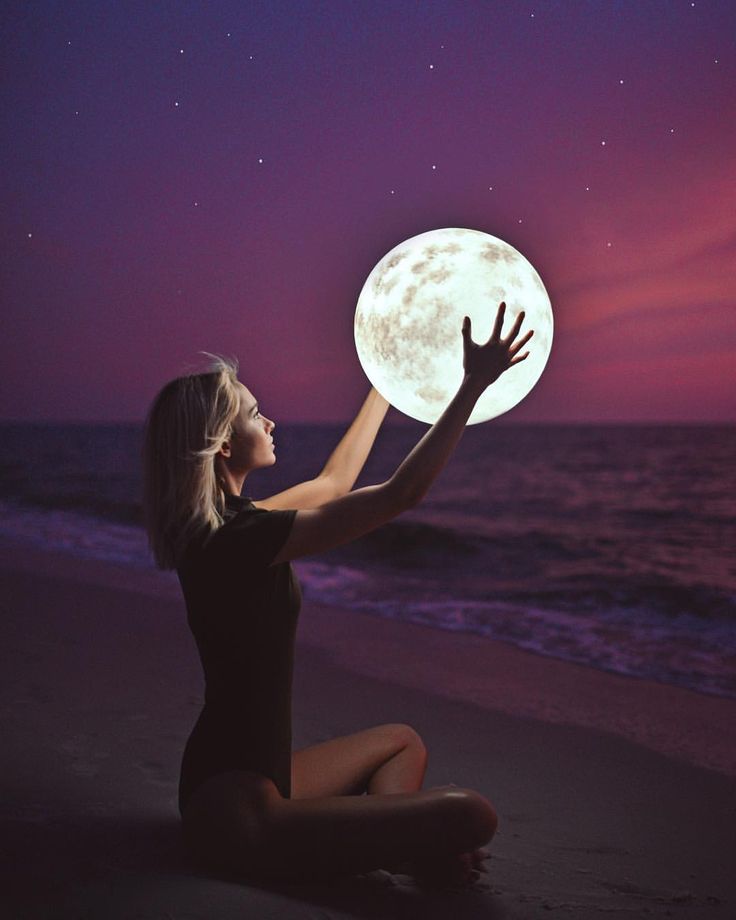
Because the moon’s cycles are known to influence natural phenomena like the tides, some cultures have developed a persistent — but mostly incorrect— belief that lunar phases also influence human emotions, behaviors, and health.
For the most part, a full moon doesn’t cause people to become more aggressive, violent, anxious, or depressed.
There does seem to be a link between the phases of the moon and changes in symptoms of bipolar disorder. There’s also some evidence that a full moon can lead to less deep sleep and a delay in entering into REM sleep. In addition, some studies have shown a slight change in cardiovascular conditions during a full moon.
Scientists continue to study how the moon influences various physiological and psychological systems. For now, though, it appears the effect of this heavenly body on your body is less powerful than once believed.
Read this article in Spanish.
Does The Full Moon Really Make People Crazy?
Does the Moon influence our behavior or emotions? There’s never been solid proof, but there’s some new evidence suggesting that the Moon can affect sleep—and it doesn’t matter whether you’re in the country or the city! Let’s explore the myths and reality of the Moon’s power.
The Luna-Lunacy Connection
Ancient authorities like Aristotle, Paracelsus, and Pliny the Elder thought some humans were driven crazy by the full Moon. The Latin name for the Moon—luna—is the root of modern words like “lunacy,” “lunatic,” and even “loon,” as in “crazy as a loon.”
Even today, many doctors, nurses, EMTs, police officers, and elementary school teachers agree that full Moons will bring out bizarre behavior—43 percent of healthcare professionals believe in what some call “the lunar influence,” as do 81 percent of mental healthcare specialists. But is there really a lunar connection to abnormal behavior?
Unless you plan to ask a werewolf (which we don’t recommend), it might be time to separate facts from fiction.
The Moon and Sleep
According to one scientific study conducted in 2021, people go to bed later and sleep for a shorter period of time in the days leading up to a full Moon. Specifically, people would go to bed 30 minutes later than average and sleep almost an hour less per night!
This makes some sense because the light from the Moon after sunset is brighter on the days leading up to a full Moon. However, here’s the surprising part: Studies found that it didn’t matter if you lived in a rural or urban environment (where you might find more light pollution). Sleep patterns were compared between people in two very different locations:
However, here’s the surprising part: Studies found that it didn’t matter if you lived in a rural or urban environment (where you might find more light pollution). Sleep patterns were compared between people in two very different locations:
- Indigenous people in rural Argentina (the Toba/Qom communities) who don’t have any access to artificial light
- College students living in downtown Seattle, Washington, where the glare from city lights dims the light from the Moon and stars.
If the Moon’s brightness isn’t a factor, why do we stay up later and sleep less? One theory goes back to our ancestors and our long history before the industrial age. People paid attention to the Moon and relied on its “night light” for hunting, fishing, and other social activities. Think of the “Harvest Moon” in the autumn, so-named because it provided several nights of light for farmers to gather in their crops at the height of harvest. Every month, the nights leading up to a full Moon bring more light to the evening.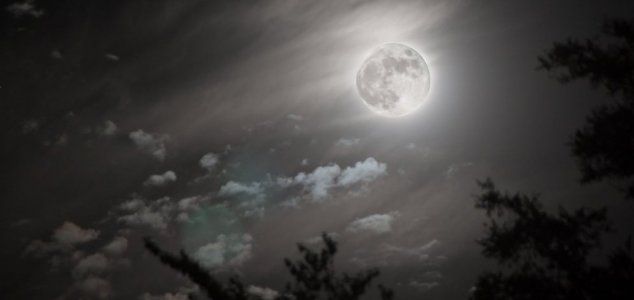
Our sleeping patterns are controlled by our natural circadian rhythms— the day and night cycles driven by Earth orbiting the Sun. But there are also circalunar rhythms, which are tied to lunar cycles. Certainly, some animals will respond to both a circadian rhythm and a lunar clock.
Many animal species’ behaviors are influenced by the Moon, too. Think of birds that rely on the Moon for migration and that will even time their reproduction to coincide with the specific phases of the lunar cycle.
Anecdotally, you have to wonder if less sleep (whether interrupted sleep or going to bed later) for several nights in a row might lead to some irritability—and what you might call moodiness!
The Moon and Lunacy
That leads us to weird behavior. There have been hundreds of studies about the Moon and lunacy. The few studies that suggest a connection are usually disproved or contradicted by others:
- One study says more animal bites (from cats, rats, dogs, horses) occur at the full Moon; another says there’s no increase in dog bites.
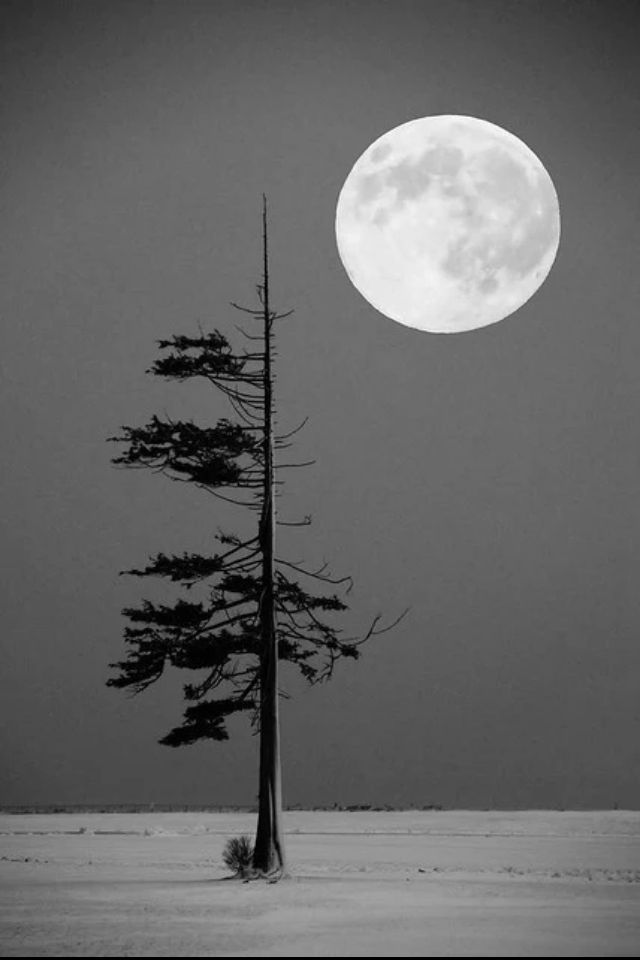
- One shows an increase in crime around the full Moon; others find no increase in arrests, calls for police assistance, prison assaults, batteries, or homicides.
- Admissions for psychosis are lowest during the full Moon, and psychiatric emergency room visits decline; but calls to suicide prevention hotlines peak at the new Moon, not the full Moon.
We’re not quite sure how you’d actually prove the connection between the Moon and lunacy. But one explanation might be what psychologists call “confirmation bias.” In other words, people are more likely to notice things that confirm a preexisting belief.
- If you’re working in an emergency room, and something weird happens on the full Moon, your older and wiser colleagues nod and say, “Must be a full Moon.” That’s what they heard from their elders when they were new at the job. (Psychologists have a name for that, too: “communal reinforcement.”)
- But if something weird happens at a different phase of the lunar cycle, nobody says, “Must be the third quarter Moon!” And when nothing unusual happens on the full Moon, nobody says anything.
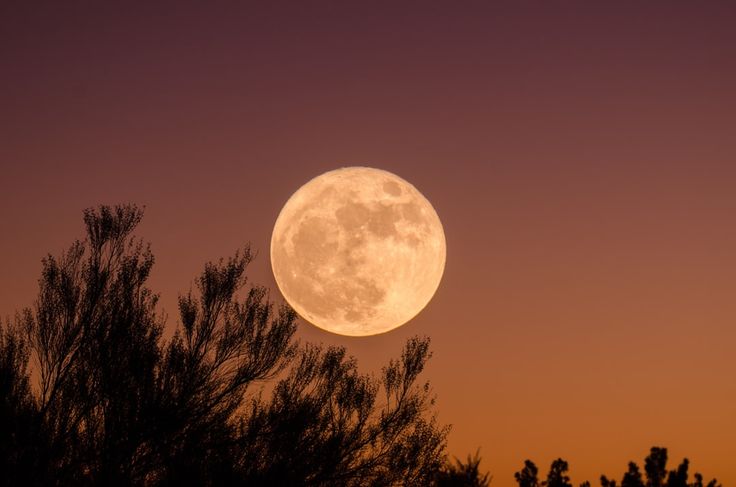
We call widespread beliefs that are unsupported by fact “folklore.” Erika Brady, who teaches folklore at Western Kentucky University, says, “it’s a way of imposing order on something that feels frighteningly out of control.”
How does a belief that strange things happen on the full Moon help us feel safer? The full Moon occurs only once every 29.5 days; that means the other four weeks of the lunar month should be less dangerous and unpredictable. See when the next full Moon is.
Therefore, this folk belief implies that our fears about everything from increased bleeding to werewolves may be limited to only 12 or 13 days per year. (Maybe that’s why the number 13 worries people!)
What do you think about the Moon? Does it influence behavior or emotions? Or, is it all in our imagination—and our dreams?
Scientists have found out what happens to people on a full moon
https://ria.ru/20181123/1533306020.html , 11/25/2018
Scientists have found out what happens to people on the full moon
Solar activity affects a person - this has been proven by science.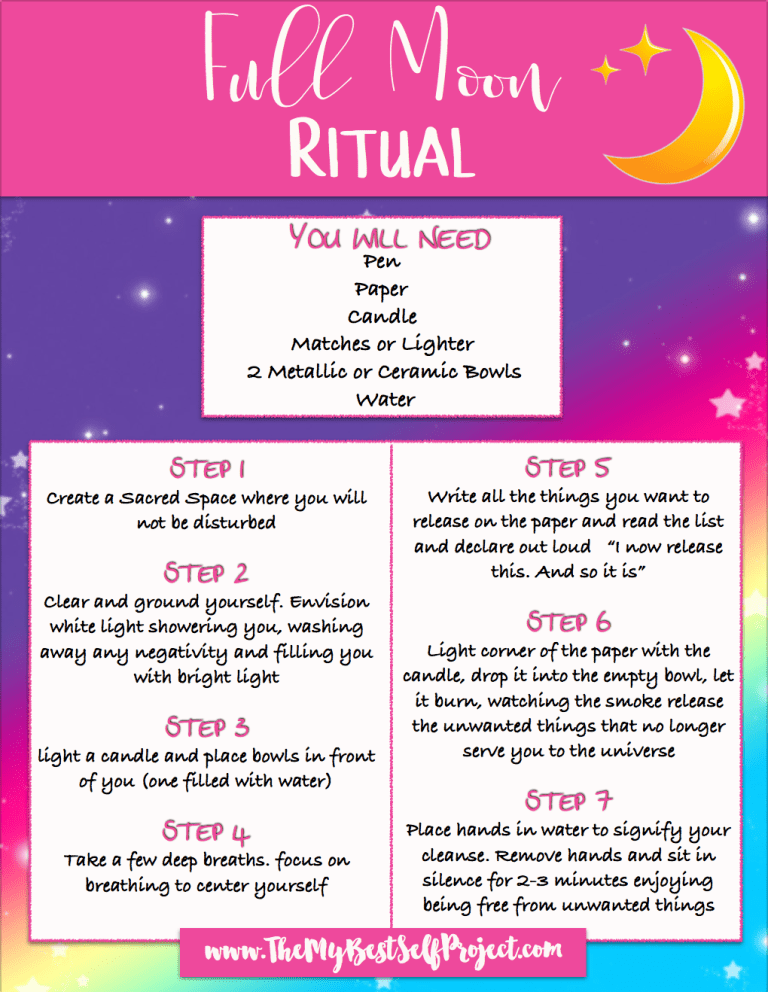 But regarding the phases of the moon, and, first of all, the full moon, there is no consensus. This question ... RIA Novosti, 11/25/2018
But regarding the phases of the moon, and, first of all, the full moon, there is no consensus. This question ... RIA Novosti, 11/25/2018
2018-11-23T08: 00
2018-11-23T08: 00
2018-11-25T20: 42
Science
USA
Australia
Qatar
Germany
9000/html/head/meta [@name='og:title']/@content/html/head/meta[@name='og:description']/@content
https://cdnn21.img.ria.ru/images/ 153325/23/1533252336_0:0:4241:2386_1920x0_80_0_0_4f5aeeaf5f8f63d1e12f72452a194922.jpg
MOSCOW, Nov 23 — RIA Novosti, Tatyana Pichugina. Solar activity affects human — it has been proven by science. But regarding the phases of the moon, and, in the first place, the full moon, there is no consensus. This question is hotly debated, a lot of research is being done. About how the satellite of the planet can affect its inhabitants, — in the material of RIA Novosti. Trouble in the maternity hospital A rich mythology has developed around the full moon, there are many signs.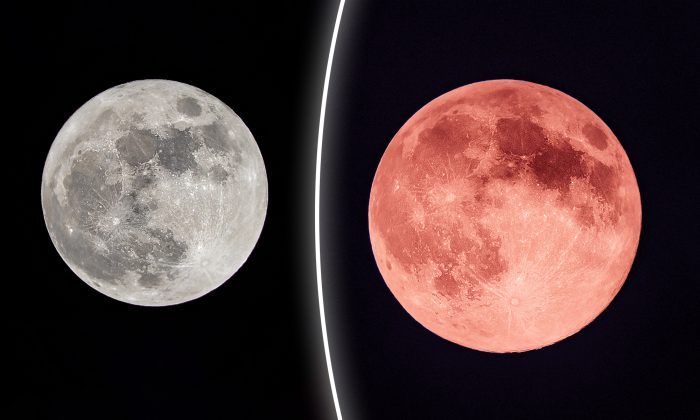 Some still believe that vampires and werewolves are active these days. Animals and people become restless, mental illness worsens, sleep is disturbed. On the full moon, dogs bite more often and car accidents occur, people die, aggressiveness increases — these beliefs have already formed in our days. Nurses in maternity hospitals complain that they have to work more on the full moon, as women give birth more often. Scientists from Germany decided to check this statement. After analyzing the birth rate data in country20 to 1989, they did not find any statistically significant dependence of the number of births on the phases of the moon. But they found a correlation with the number of spots on the Sun. The satellite is always turned to us with only one side. The earth is illuminated by sunlight reflected from the moon. When the disc is maximally visible, — this is the phase of the full moon. In November, it fell on the 23rd. the new moon phase begins.
Some still believe that vampires and werewolves are active these days. Animals and people become restless, mental illness worsens, sleep is disturbed. On the full moon, dogs bite more often and car accidents occur, people die, aggressiveness increases — these beliefs have already formed in our days. Nurses in maternity hospitals complain that they have to work more on the full moon, as women give birth more often. Scientists from Germany decided to check this statement. After analyzing the birth rate data in country20 to 1989, they did not find any statistically significant dependence of the number of births on the phases of the moon. But they found a correlation with the number of spots on the Sun. The satellite is always turned to us with only one side. The earth is illuminated by sunlight reflected from the moon. When the disc is maximally visible, — this is the phase of the full moon. In November, it fell on the 23rd. the new moon phase begins. In addition, there are two intermediate phases: the first and last quarters. The period during which the moon goes through a full cycle is called a lunar month. It average 295 days. There is evidence that the phases of the moon affect bees, fish, some birds and amphibians. Perhaps changing the brightness of the disk at night somehow regulates the level of melatonin — brain hormone responsible for circadian rhythms (daily cycle of activity). During the full moon, the hormone is produced more strongly, respectively, the activity of the animal changes. As for mammals, scientists conducted experiments only with laboratory rodents. They also noticed a change in the level of melatonin. What could be the physical mechanism of the effects of the phases of the moon on the body? Among the hypotheses: tidal forces, electromagnetic radiation. The operation is postponed The influence of the lunar cycle on the health and behavior of people has always interested scientists, but there is no data confirming this connection.
In addition, there are two intermediate phases: the first and last quarters. The period during which the moon goes through a full cycle is called a lunar month. It average 295 days. There is evidence that the phases of the moon affect bees, fish, some birds and amphibians. Perhaps changing the brightness of the disk at night somehow regulates the level of melatonin — brain hormone responsible for circadian rhythms (daily cycle of activity). During the full moon, the hormone is produced more strongly, respectively, the activity of the animal changes. As for mammals, scientists conducted experiments only with laboratory rodents. They also noticed a change in the level of melatonin. What could be the physical mechanism of the effects of the phases of the moon on the body? Among the hypotheses: tidal forces, electromagnetic radiation. The operation is postponed The influence of the lunar cycle on the health and behavior of people has always interested scientists, but there is no data confirming this connection.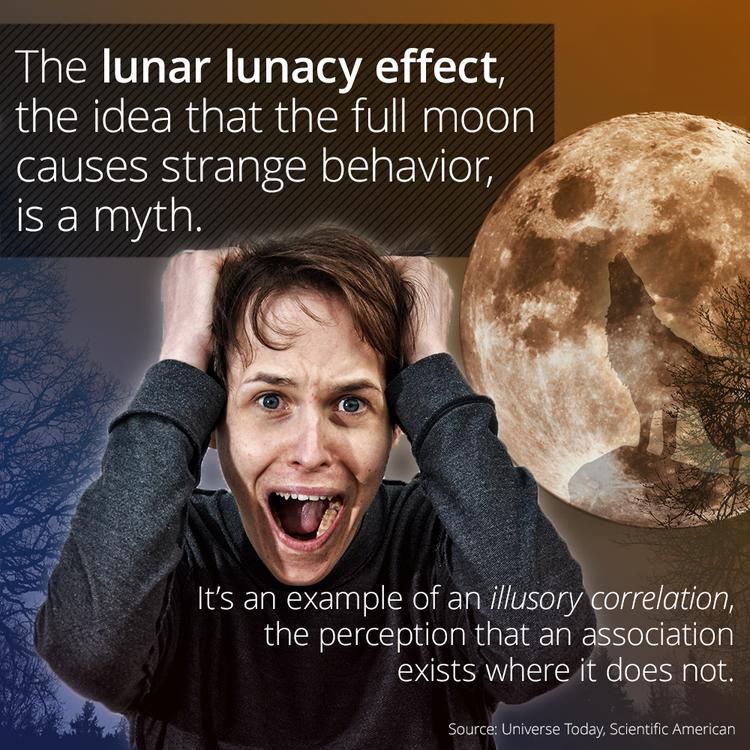 For example, 11 percent of Germans believe that their life depends on the phases of the moon. There is a saying that it is better to postpone a kidney transplant if it falls on a full moon. The fact is that astrologers associate kidneys with Libra — one of the lunar zodiac signs. Scientists from Germany selected 178 case histories of patients who received a kidney transplant with 1994 to 2009. The date of the operation was compared with the phases of the moon and the period when it is visible in the constellation of Libra. We checked the mortality rate, the well-being of the person after the operation, and his health for the next years. No dependence on the lunar cycle or location in Libra was found. Similar work was done by scientists from Lithuania in relation to 186 patients admitted to surgery for treatment of a ruptured intracranial aneurysm from 2011 to 2014. The result is also negative. Scientists from the University of Nebraska (USA) tested how different environmental factors, including the lunar cycle and supermoons, affect the exacerbation of urolithiasis.
For example, 11 percent of Germans believe that their life depends on the phases of the moon. There is a saying that it is better to postpone a kidney transplant if it falls on a full moon. The fact is that astrologers associate kidneys with Libra — one of the lunar zodiac signs. Scientists from Germany selected 178 case histories of patients who received a kidney transplant with 1994 to 2009. The date of the operation was compared with the phases of the moon and the period when it is visible in the constellation of Libra. We checked the mortality rate, the well-being of the person after the operation, and his health for the next years. No dependence on the lunar cycle or location in Libra was found. Similar work was done by scientists from Lithuania in relation to 186 patients admitted to surgery for treatment of a ruptured intracranial aneurysm from 2011 to 2014. The result is also negative. Scientists from the University of Nebraska (USA) tested how different environmental factors, including the lunar cycle and supermoons, affect the exacerbation of urolithiasis.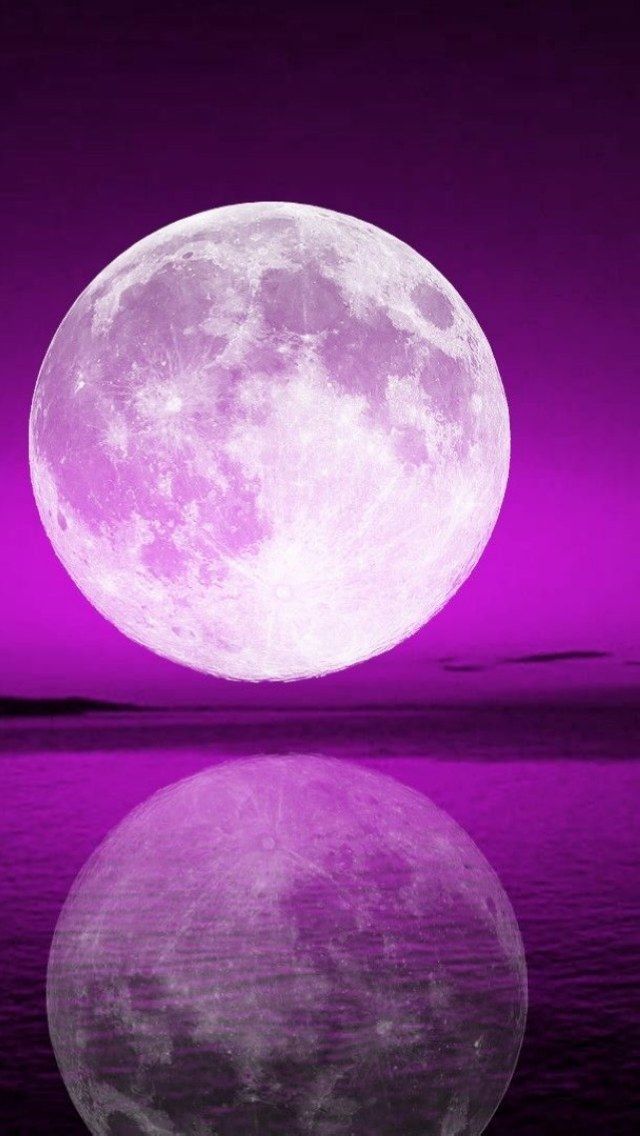 Researchers analyzed 559stories of patients of the local clinic, but no connection with the moon was found. Most of the attacks occurred on normal days and only 16.1 percent — full moon moon — a delicate matter The myth of mental disorders aggravating on the full moon is also not confirmed. In the United States, 1,857 cases of emergency psychiatric hospitalization were studied. The calls were evenly distributed over all the lunar phases. The authors of the work do not deny that the Moon affects the psyche, however, the effect is so small that it cannot be measured by scientific methods. Curious data are given in an article by Australian scientists. After analyzing the dates of hospitalization by ambulance at the Calvary Mater Newcastle clinic, the researchers found that 23 percent of seriously ill patients are admitted on the full moon. Patients fight with the staff, kicking, spitting. But milder cases of disorders are not associated with the phases of the moon.
Researchers analyzed 559stories of patients of the local clinic, but no connection with the moon was found. Most of the attacks occurred on normal days and only 16.1 percent — full moon moon — a delicate matter The myth of mental disorders aggravating on the full moon is also not confirmed. In the United States, 1,857 cases of emergency psychiatric hospitalization were studied. The calls were evenly distributed over all the lunar phases. The authors of the work do not deny that the Moon affects the psyche, however, the effect is so small that it cannot be measured by scientific methods. Curious data are given in an article by Australian scientists. After analyzing the dates of hospitalization by ambulance at the Calvary Mater Newcastle clinic, the researchers found that 23 percent of seriously ill patients are admitted on the full moon. Patients fight with the staff, kicking, spitting. But milder cases of disorders are not associated with the phases of the moon.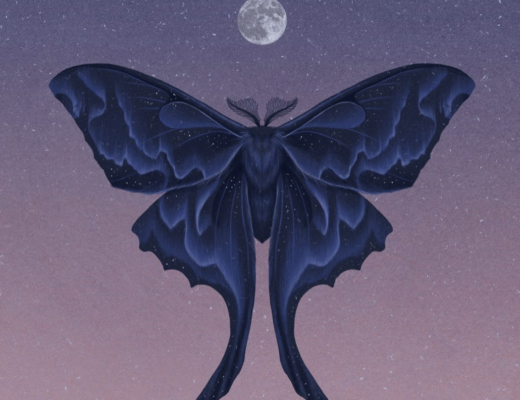 Scientists from Canada refute the myth about the influence of the Earth's satellite on people with mental disorders. According to them, researchers come to different conclusions because they calculate the duration of the full moon in different ways: 12 hours, 24 hours, or three days. on the example of Australia. Doesn't depend on the lunar cycle and the number of injuries in football players. This was checked by scientists from Tunisia and Qatar on the case histories of members of the professional premier league of Qatar. For example, a team from the USA and Canada studied this issue using indigenous — hunter-gatherers of the Hadza in Africa and farmers in Madagascar. It turned out that the Hadza sleep less during the full moon and are more active during the day, with the onset of the new moon, their routine is more like an "owl". The quality of sleep, however, does not depend on the lunar cycle. Researchers from Switzerland recruited 33 volunteers for 64 nights (in total).
Scientists from Canada refute the myth about the influence of the Earth's satellite on people with mental disorders. According to them, researchers come to different conclusions because they calculate the duration of the full moon in different ways: 12 hours, 24 hours, or three days. on the example of Australia. Doesn't depend on the lunar cycle and the number of injuries in football players. This was checked by scientists from Tunisia and Qatar on the case histories of members of the professional premier league of Qatar. For example, a team from the USA and Canada studied this issue using indigenous — hunter-gatherers of the Hadza in Africa and farmers in Madagascar. It turned out that the Hadza sleep less during the full moon and are more active during the day, with the onset of the new moon, their routine is more like an "owl". The quality of sleep, however, does not depend on the lunar cycle. Researchers from Switzerland recruited 33 volunteers for 64 nights (in total).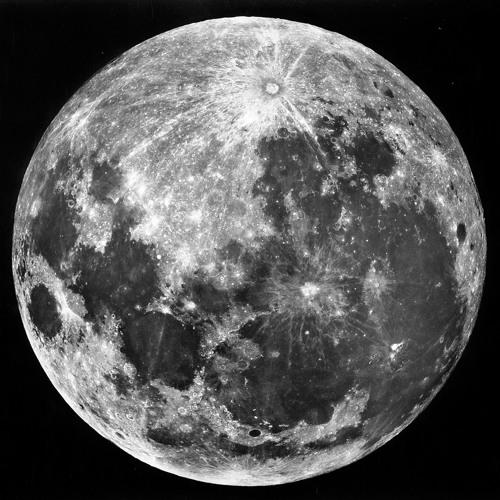 During sleep, they did electroencephalograms (EEG) of the brain. It turned out that during the full moon sleep is worse: shorter by twenty minutes, the time to fall asleep, on the contrary, increased by five minutes. The duration of deep slow delta sleep decreased by thirty percent. This result could not be reproduced by scientists from Switzerland, Germany and the Netherlands. According to the authors of the article, it is incorrect to draw conclusions on the basis of 33 subjects. Taking information from hundreds of people from three different sleep research institutes and superimposing it on the phases of the moon, the researchers found no relationship.
During sleep, they did electroencephalograms (EEG) of the brain. It turned out that during the full moon sleep is worse: shorter by twenty minutes, the time to fall asleep, on the contrary, increased by five minutes. The duration of deep slow delta sleep decreased by thirty percent. This result could not be reproduced by scientists from Switzerland, Germany and the Netherlands. According to the authors of the article, it is incorrect to draw conclusions on the basis of 33 subjects. Taking information from hundreds of people from three different sleep research institutes and superimposing it on the phases of the moon, the researchers found no relationship.
https://ria.ru/20160831/1475758631.html
https://ria.ru/20180808/1526195502.html
https://ria.ru/20180727/15254679738.html
Australia
Qatar
Germany
RIA Novosti
1
5
4.7
9000
7 495 645-6601
FSUE MIA "Russia Today"
HTTPS ://xn--c1acbl2abdlkab1og.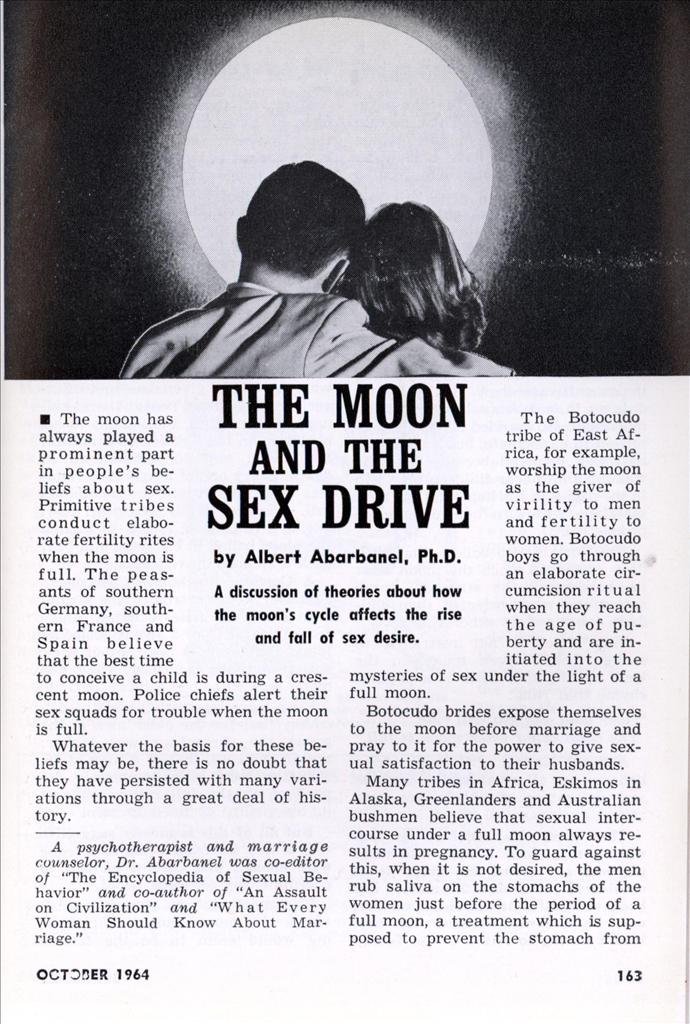 xn--p1ai/awards/
xn--p1ai/awards/
2018
RIA Novosti
1
5
4.7
9000
7 495 645-6601
FSUE MIA "Russia Today"
https: // XN- XN- -c1acbl2abdlkab1og.xn--p1ai/awards/
News
en-RU
https://ria.ru/docs/about/copyright.html
https://xn--c1acbl2abdlkab1og.xn--p1ai /
RIA Novosti
1
5
4.7
96
7 495 645-6601
FSUE MIA "Russia Today"
https: //xn-c1acbl2abdlkab1og.xn-p1ai/Awards/
1920
1080
true
1920
1440
true
https://cdnn21.img.ria.ru/images/153325/23/1533252336_337:0:3872:2651_1920x0_80_0_0_88c20285ee17464e24abdca6c276ef34.jpg
1920
1920
true
RIA Novosti
1
5
4.7
9000 9000
7 495 645-6601
FSUE MIA "Russia Today"
https: //xn--c1acbl2abdlkab1og.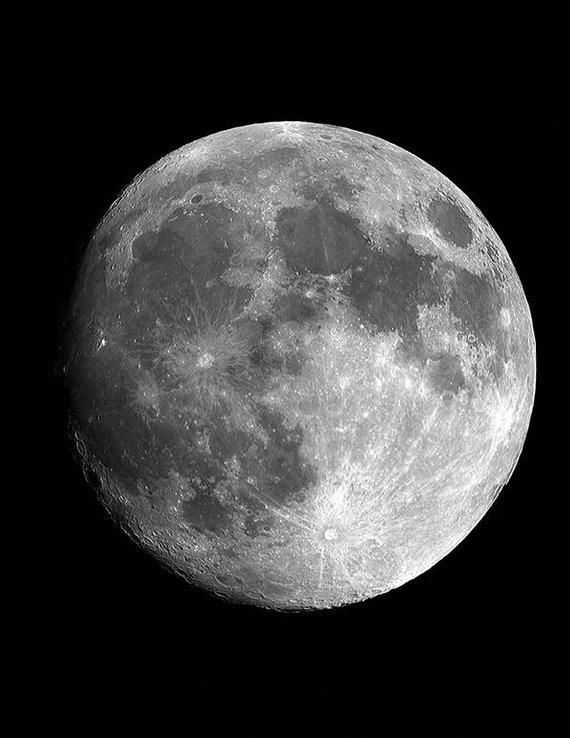 xn- P1AI/Awards/
xn- P1AI/Awards/
RIA Novosti
1
5
4.7
9000
7 495 645-6601
FSUI MIA Russia Today
https: // xn--c1acbl2abdlkab1og.xn--p1ai/awards/
USA, Australia, Qatar, Germany
Science, USA, Australia, Qatar, Germany
MOSCOW, November 23 - RIA Novosti, Tatyana Pichugina. Solar activity affects a person - this is proven by science. But regarding the phases of the moon, and, first of all, the full moon, there is no consensus. This question is hotly debated, a lot of research is being done. About how the satellite of the planet can affect its inhabitants - in the material of RIA Novosti.
August 31, 2016, 22:00 Science
Scientists Find Unexpected Link Between Cow Births and Moon Cycles The conventional wisdom that fertility rises during a full moon has been unexpectedly confirmed by cows' calf birth rates, the reasons for which remain a mystery to scientists.
Trouble in the maternity hospital
A rich mythology has developed around the full moon, there are many signs. Some still believe that vampires and werewolves are active these days. Animals and people become restless, mental illness worsens, sleep is disturbed.
During the full moon, dogs bite more often and car accidents occur, people die, aggressiveness increases - these beliefs have already formed in our days.
Nurses in maternity hospitals complain that they have to work harder during the full moon, as women give birth more often. This statement was decided to be tested by scientists from Germany.
After analyzing the birth rate data in the country from 1920 to 1989, they did not find any statistically significant dependence of the number of births on the phases of the moon. But they found a correlation with the number of sunspots.
Who howls at the moon
The moon revolves around the earth in an elliptical orbit. The satellite is always turned to us with only one side. The earth is illuminated by sunlight reflected from the moon. When the disk is at its maximum visible, this is the phase of the full moon. In November, it fell on the 23rd.
The earth is illuminated by sunlight reflected from the moon. When the disk is at its maximum visible, this is the phase of the full moon. In November, it fell on the 23rd.
As the shadow created by the relative positions of the Earth, the Sun and the Moon creeps over the satellite, its disk shrinks to a thin crescent and then grows again - the new moon phase begins. In addition, there are two intermediate phases: the first and last quarters. The period during which the moon goes through a full cycle is called a lunar month. This is an average of 29,5 days.
There is evidence that the phases of the moon affect bees, fish, some birds and amphibians. It is possible that changing the brightness of the disk at night somehow regulates the level of melatonin, the brain hormone responsible for circadian rhythms (the daily cycle of activity). During the full moon, the hormone is produced more strongly, respectively, the activity of the animal changes. As for mammals, scientists conducted experiments only with laboratory rodents. They also noticed a change in melatonin levels.
They also noticed a change in melatonin levels.
What could be the physical mechanism of the effects of the phases of the moon on the body? Among the hypotheses: tidal forces, electromagnetic radiation.
© Depositphotos.com / KagenmiMoon phases
© Depositphotos.com / Kagenmi
Surgery delayed
Scientists have always been interested in the effects of the lunar cycle on human health and behavior, but there is no evidence to support this connection. For example, 11 percent of Germans believe that their life depends on the phases of the moon. There is a saying that it is better to postpone a kidney transplant if it falls on a full moon. The fact is that astrologers associate kidneys with Libra, one of the lunar zodiac signs.
August 8, 2018, 9:00 PM The date of the operation was compared with the phases of the moon and the period when it is visible in the constellation Libra. We checked the mortality rate, the well-being of a person after the operation and his health over the next years.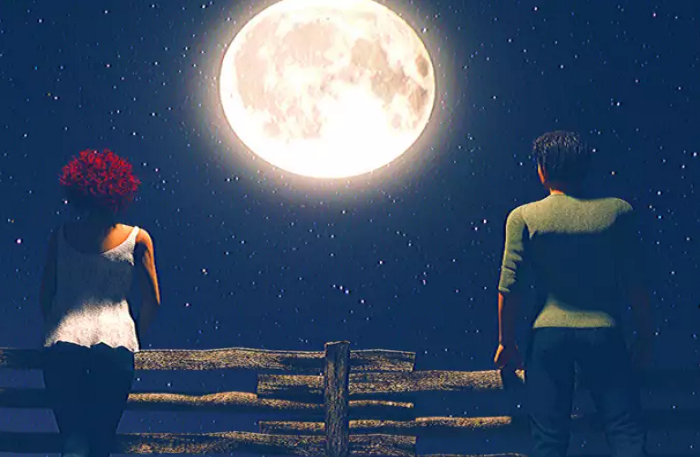 No dependence on the lunar cycle or location in Libra was found.
No dependence on the lunar cycle or location in Libra was found.
Similar work was done by scientists from Lithuania in relation to 186 patients admitted to surgery for the treatment of a ruptured intracranial aneurysm from 2011 to 2014. The result is also negative.
Scientists from the University of Nebraska (USA) tested how various environmental factors, including the lunar cycle and supermoons, affect the exacerbation of urolithiasis. The researchers analyzed 559 patient histories at a local clinic, but found no connection with the Moon. Most of the attacks occurred on normal days and only 16.1 percent on full moons.
© Alla Mikhailova Anatomical and astrological person
© Alla Mikhailova
The moon is a delicate matter
The myth about mental disorders aggravated during the full moon is not confirmed either. In the United States, 1,857 cases of psychiatric emergency hospitalization were studied. The calls were evenly distributed over all lunar phases.![]()
The authors of the work do not deny that the Moon affects the psyche, but the effect is so small that it cannot be measured by scientific methods.
July 27, 2018, 15:18 Science
An astronomer from Moscow State University told how best to monitor the lunar eclipse
Curious data is given in an article by Australian scientists. After analyzing the dates of hospitalization by ambulance at the Calvary Mater Newcastle clinic, the researchers found that 23 percent of seriously ill patients are admitted on a full moon. Patients fight with staff, kick, spit. But milder cases of disorders are not associated with the phases of the moon.
Scientists from Canada refute the myth about the influence of the Earth's satellite on people with mental disorders. In their opinion, researchers come to different conclusions, because they calculate the duration of the full moon in different ways: 12 hours, 24 hours, or three days.
Dogs bite on full moons just like they do on normal days, according to another Australian study.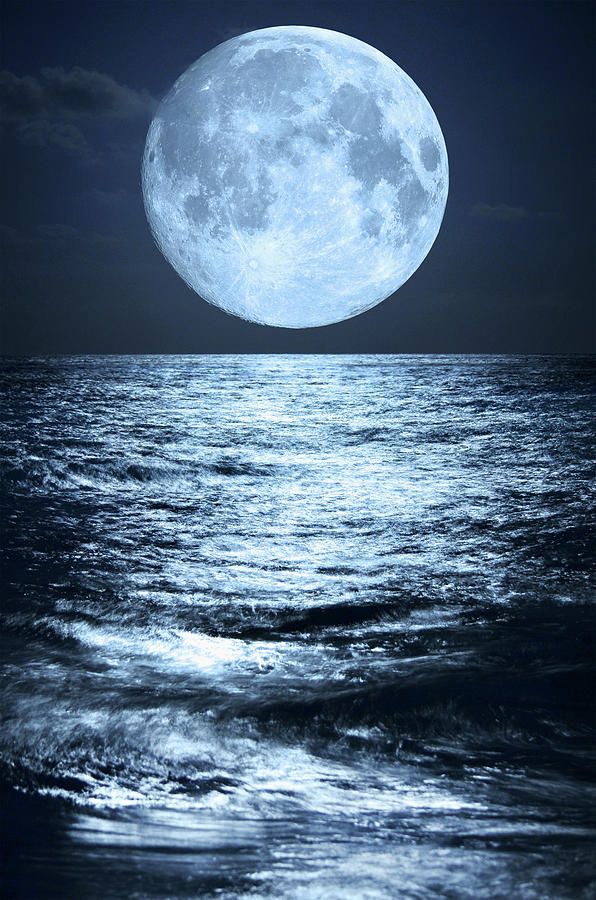
The number of injuries among football players does not depend on the lunar cycle. This was tested by scientists from Tunisia and Qatar on the medical records of members of the Qatari professional Premier League.
© BMJ Dependence of the number of human bites by dogs on the phases of the moon
Who sleeps worse
Scientists have not ignored the widespread opinion about sleep disturbance on the full moon. For example, a group from the United States and Canada studied this issue using the case of indigenous hunter-gatherer Hadza peoples in Africa and farmers in Madagascar. It turned out that the Hadza on the full moon sleep less and are more active during the day, with the onset of the new moon, their routine is more like an "owl". At the same time, the quality of sleep does not depend on the lunar cycle.
Swiss researchers recruited 33 volunteers for 64 nights (cumulative). During sleep, they did electroencephalograms (EEG) of the brain. It turned out that on the full moon, sleep is worse: shorter by twenty minutes, the time to fall asleep, on the contrary, increased by five minutes.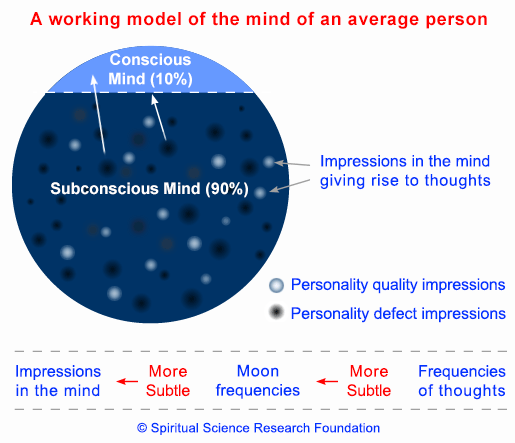 The duration of deep slow delta sleep decreased by thirty percent.
The duration of deep slow delta sleep decreased by thirty percent.
Scientists from Switzerland, Germany and the Netherlands could not reproduce this result. According to the authors of the article, it is incorrect to draw conclusions based on 33 subjects. Taking information from hundreds of people from three different sleep institutes and superimposing it on the phases of the moon, the researchers found no relationship.
© Elsevier Ltd / Evidence that the Lunar Cycle Influences Human Sleep
© Elsevier Ltd / Evidence that the Lunar Cycle Influences Human Sleep
"The moon influences sleep, health and mental state." Is it true?
On the Internet you can find a lot of advice on what to do and what to avoid on days when the Moon is close to the Earth. But how justified are they? Is it true that the moon draws blood to the head and bright lights drive people crazy?
True. However, this effect is so insignificant that it is unlikely to seriously affect well-being.
The full moon has long been associated with aggressive behavior, seizures and mental illness. Even Aristotle believed that the Moon governs the fluctuations of the fluid in the brain, just as it governs the fluctuations of water during the ebb and flow. And after Newton's discovery of the law of gravity, this theory received an additional impetus.
And today one can come across opinions that during the new moon the pressure of fluids in the body decreases, therefore this period is allegedly hard to tolerate by hypotensive patients, and can also cause an emotional decline in people prone to depression. On the full moon, on the contrary, the blood allegedly rushes to the head. Therefore, this period is dangerous for people with hypertension and a tendency to mania.
But these ideas do not agree with physics.
The force of attraction depends on the mass of objects and the distance between them. The more massive an object, the stronger its gravitational field, and the closer another object is to it, the stronger it is attracted.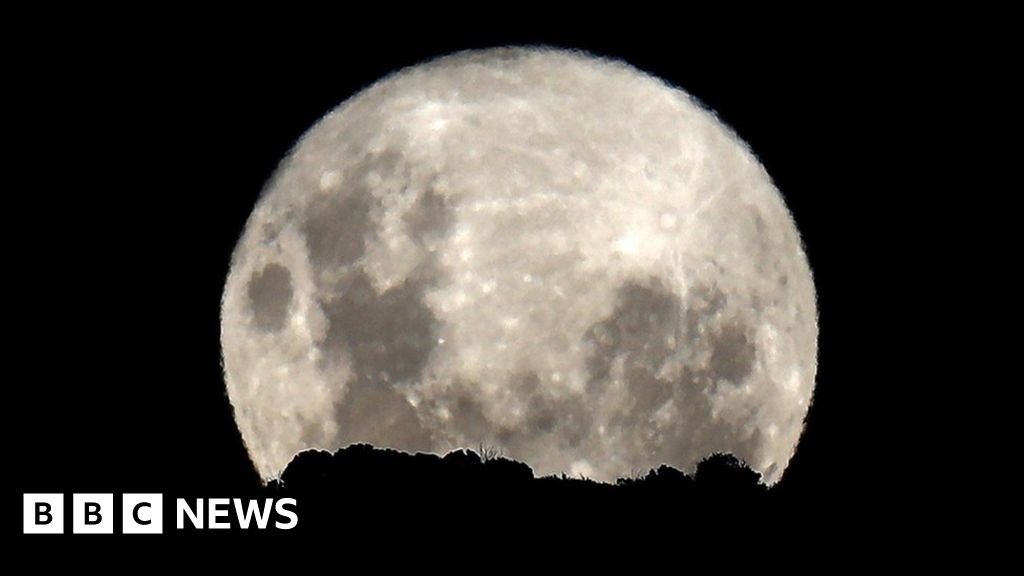 The side of the Earth closest to the Moon experiences a greater attraction than the far side - because of this, tides arise and ebb. But the human body is so small that this effect will not affect it. The same can be said about small reservoirs - lakes, ponds and pools.
The side of the Earth closest to the Moon experiences a greater attraction than the far side - because of this, tides arise and ebb. But the human body is so small that this effect will not affect it. The same can be said about small reservoirs - lakes, ponds and pools.
In addition, internal processes are constantly going on in our body that drive fluids in the right direction. Vessels narrow and expand, the heart contracts, and metabolism takes place between individual cells. The influence of the Moon in comparison with all this is negligible.
Another popular version says that the bright night light during the full moon affects biorhythms, and through them - on human health and behavior. This allegedly explains the fact that people sleep poorly, become aggressive, experience an exacerbation of mental and physical ailments.
This version seems more plausible than the gravitational one. The level of light does affect the production of the hormone melatonin. And he, in turn, triggers the reactions of falling asleep and waking up, and also controls many processes in the body.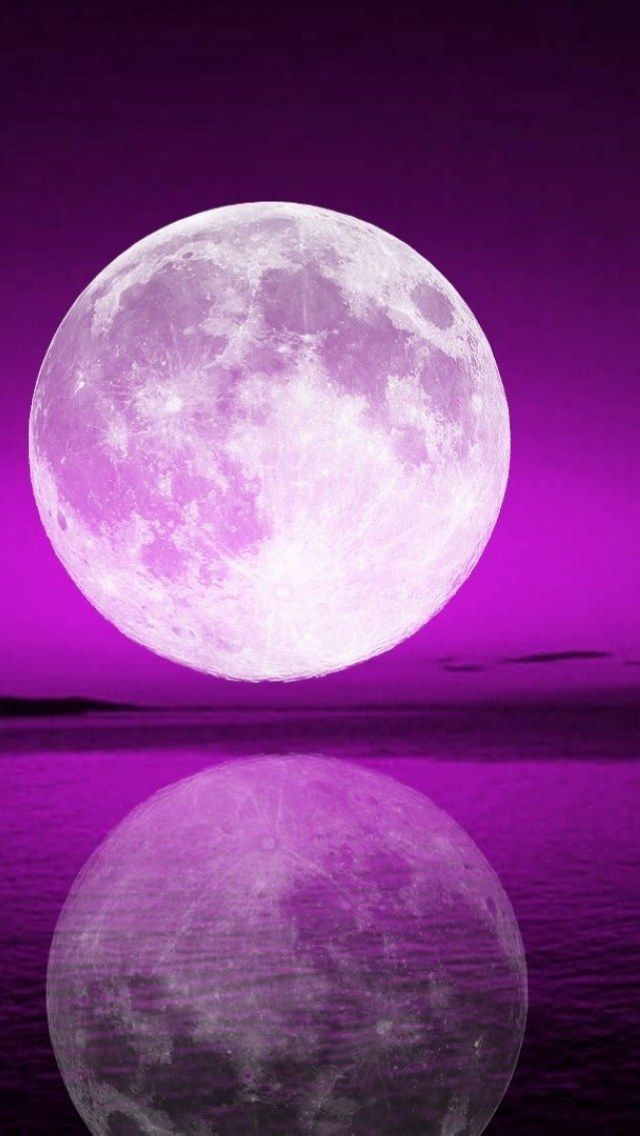 The light of the moon will not wake a sleeper, but it may be enough to prevent falling asleep.
The light of the moon will not wake a sleeper, but it may be enough to prevent falling asleep.
In a 2021 article, scientists used fitness trackers to track the sleep of more than 500 volunteers living in different settings and regions of the world. Some of them were specially selected by the authors among representatives of the indigenous South American Toba people. Some of them have already moved to the cities, but others still live without access to electricity.
Tracker data showed that during full moon periods, volunteers did indeed fall asleep later and slept less than during the rest of the time. This difference was observed in both urban and rural Toba residents. However, the difference was small: for urban residents, "full moon" sleep averaged 7 hours 47 minutes, and "new moon" - 7 hours 49 minutes; for rural residents, the difference was 13 minutes. Bedtime also changed slightly.
But the connection between the phases of the moon and mental disorders has not been confirmed by most studies.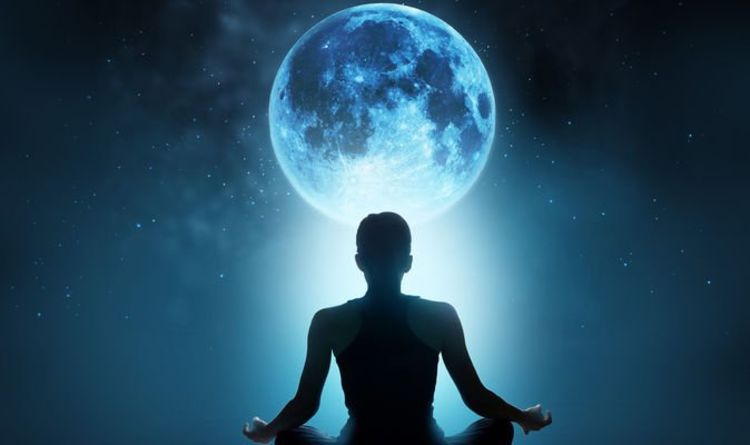 A 2006 review of over 10,000 medical records from different institutions found no association between the full moon and the number of hospital visits for mental or mood disorders.
A 2006 review of over 10,000 medical records from different institutions found no association between the full moon and the number of hospital visits for mental or mood disorders.
There is very little convincing scientific evidence of the influence of the Moon on behavior. But why then are many convinced that this connection exists? For example, according to surveys in the United States, 80% of nurses and 64% of doctors believe that the full moon is associated with an exacerbation of mental illness.
It could be a cognitive bias known as confirmation bias. A person tends to notice and remember information that corresponds to his beliefs. For example, a policeman or an emergency doctor notices the full moon and links this to the fact that the night turned out to be tense. Just as biased, people can evaluate events that fell on "unlucky" numbers and leap years.
In turn, the belief that something bad is to be expected during a full moon can itself lead to a change in the state of people.